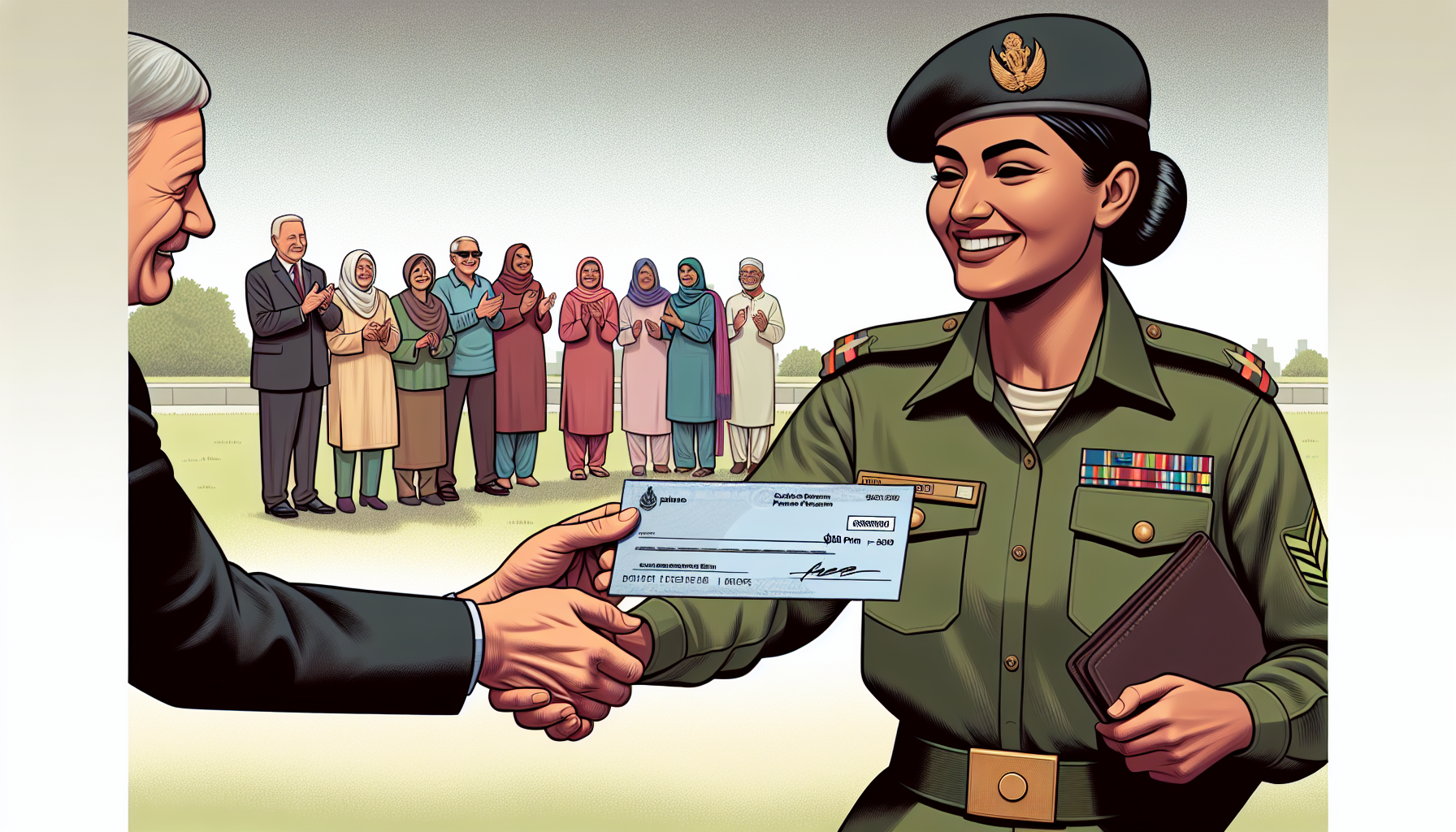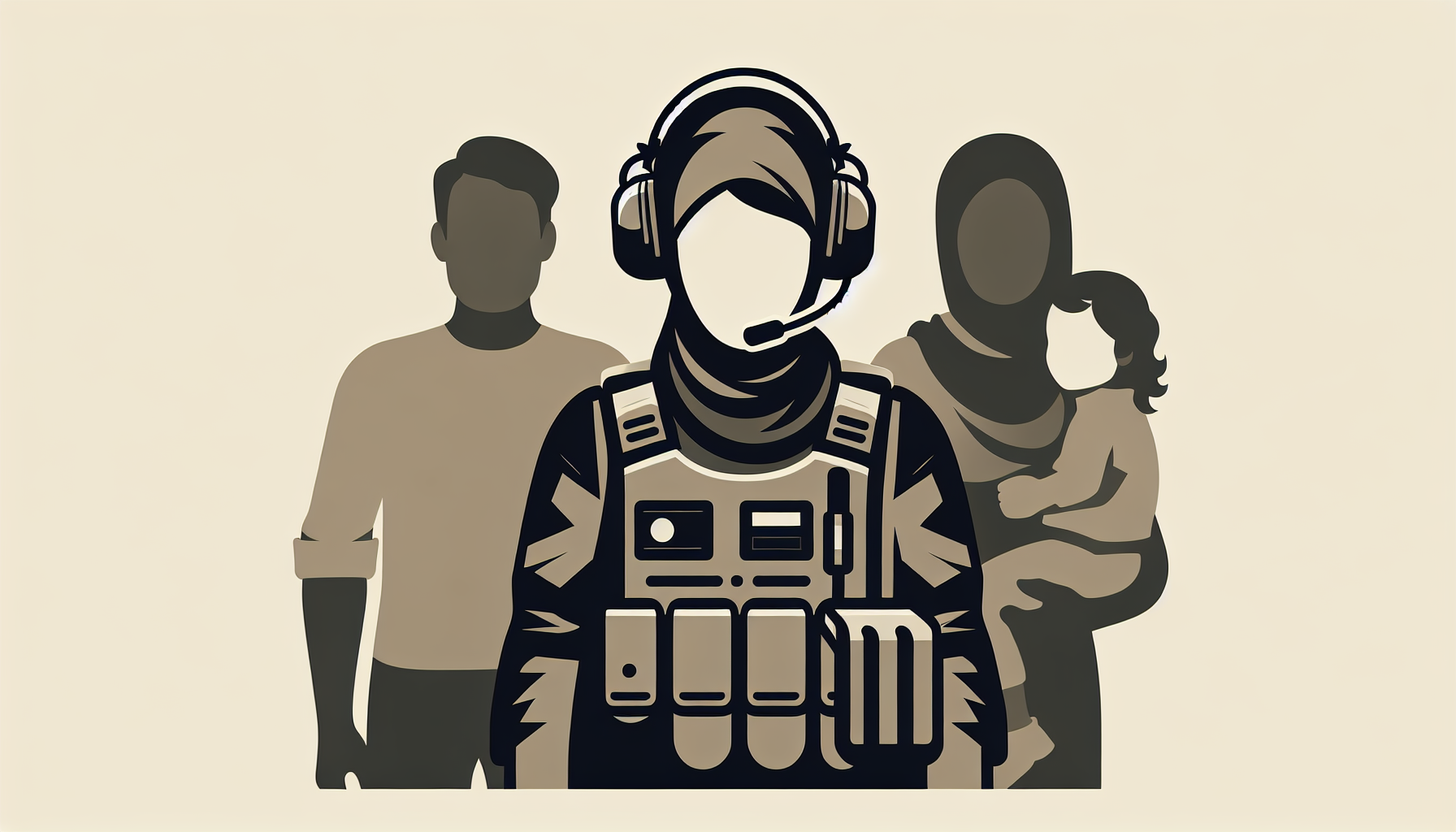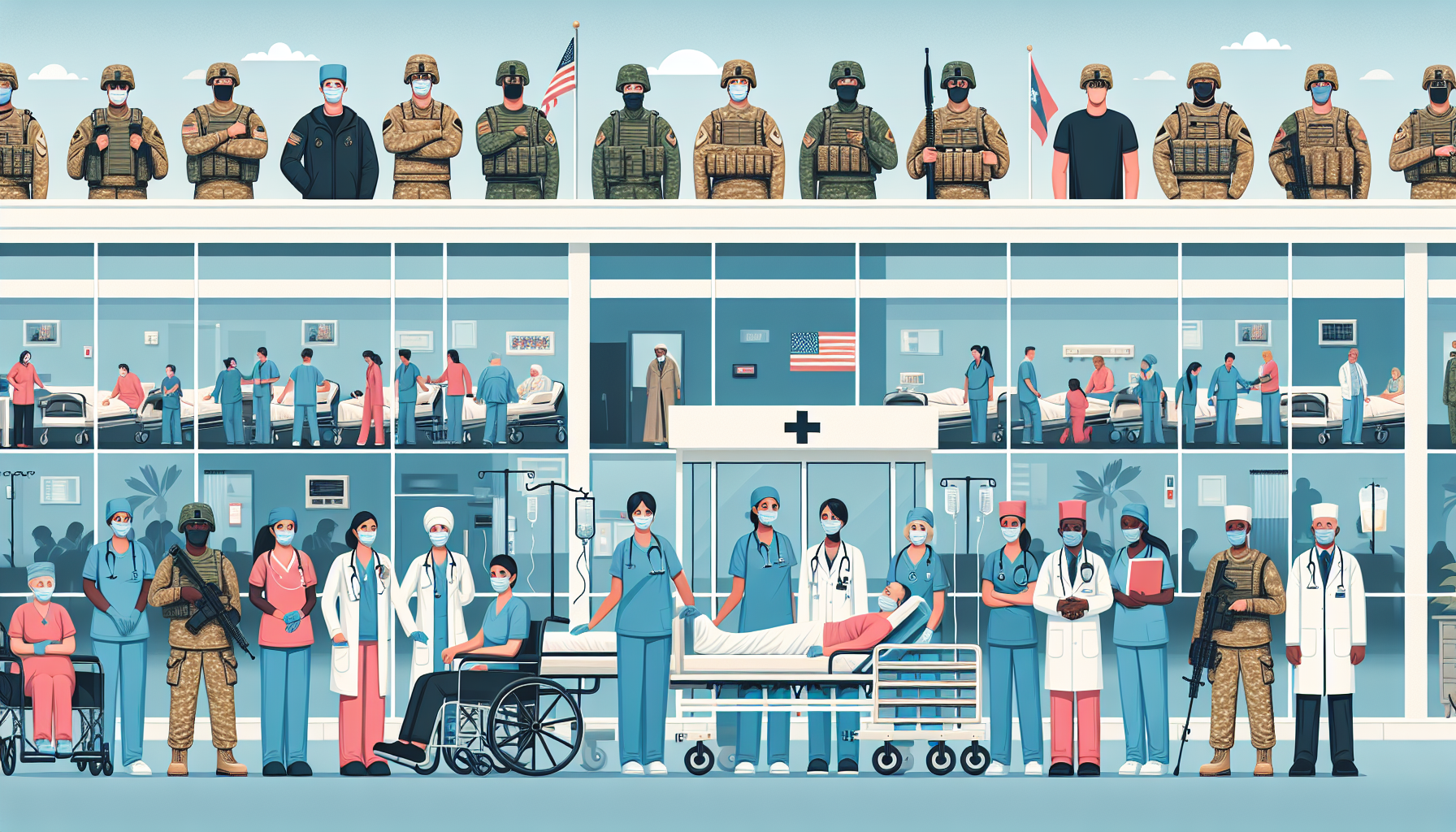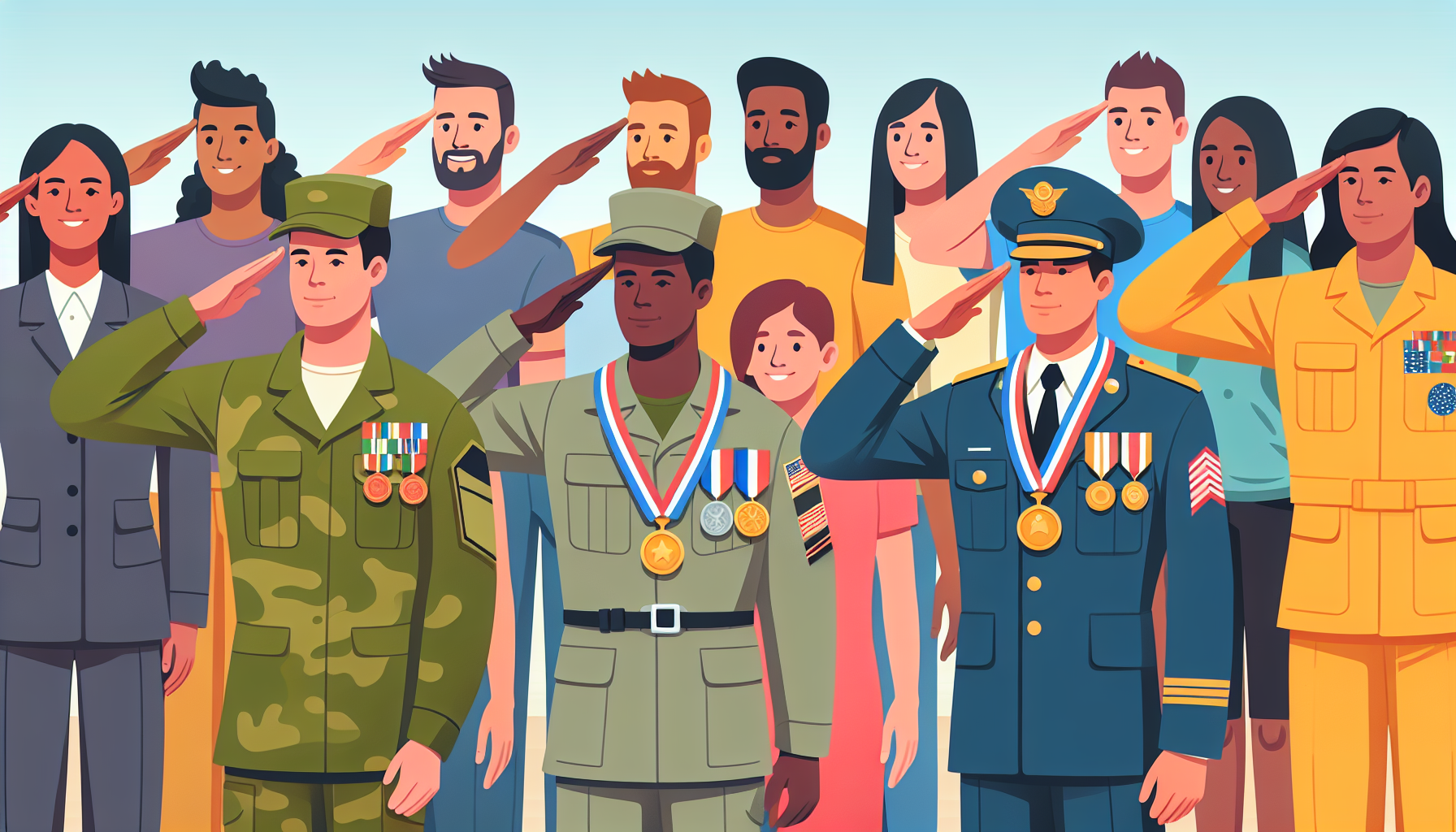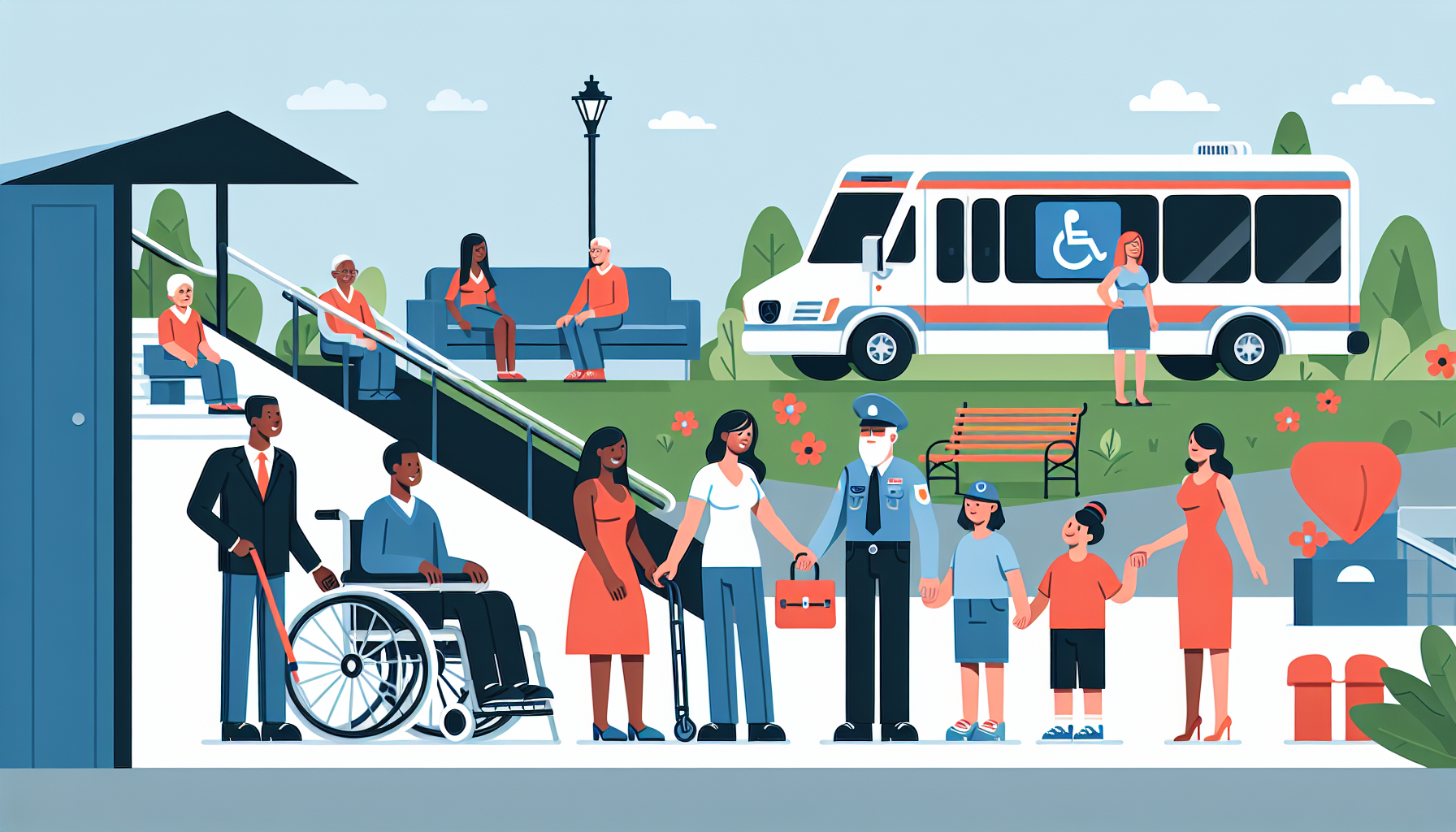Definition
Military Retired Pay refers to the monthly compensation awarded to eligible members of the United States Armed Forces after completing a minimum required period of service, typically 20 years or more. This pay is calculated based on a service member’s rank, years of service, and basic pay at the time of retirement. The payment is designed to provide financial security for those who have dedicated their careers to military service.
Key Takeaways
- Military Retired Pay is a monthly payment made to eligible retired military service members, based on their years of service and final paygrade.
- Retirees may be eligible for additional benefits, such as healthcare, exchange and commissary privileges, and access to military base facilities.
- Some Military Retired Pay may be subject to federal and state income taxes, and there are specific rules on how the payment can be divided in cases of divorce or other legal proceedings.
Importance
Military Retired Pay is an important term within VA benefits because it refers to the compensation provided to veterans who have served their country and meet the specific requirements for retirement, such as length of service and age.
This financial support system ensures that military retirees maintain a stable income, recognizing their sacrifices and dedication to the nation’s security.
Additionally, Military Retired Pay serves to attract and retain qualified personnel in the armed forces, contributing to the overall effectiveness and strength of the military.
It not only provides a critical safety net to service members and their families, but also serves as a significant recognition of their commitment and service to the United States.
Explanation
Military Retired Pay is a significant benefit designed to provide financial security and support to service members who have dedicated their lives to serving and protecting their nation. Its primary purpose is to ensure that after years of commendable service, military personnel can transition smoothly into civilian life, maintain a satisfactory standard of living, and receive the recognition they deserve for their sacrifices.
These retired pay benefits also extend to surviving family members as a means of demonstrating continuous appreciation for their service member’s commitment. In essence, Military Retired Pay serves as a catalyst for seamless reintegration into civilian life, safeguarding the welfare, morale, and well-being of those who have donned their uniform with great honor.
It encompasses an array of components, such as pension plans and disability compensation, which cater to the specific needs and conditions of the retired service members. Establishing financial stability and providing resources for their future endeavors, the Military Retired Pay system reflects the government’s ongoing commitment to appreciating and rewarding the courageous men and women who have faithfully served their country.
Examples of Military Retired Pay
Military Retired Pay refers to the pension that military personnel receives after they retire from active duty. This pay is given in recognition of their service and as a form of income stability in their retirement years. Here are three real-world examples related to Military Retired Pay:
High-36 Retirement System: The High-36 retirement system is a commonly used military retirement plan, in which the retiree’s monthly pension is determined based on their highest 36 months of basic pay. An individual who served for 20 years would receive 50% of their highest 36-month average pay as their retirement pay, with an additional
5% added for each year beyond 20 years of service.
Blended Retirement System (BRS): BRS is a retirement plan introduced in 2018 that combines elements of the legacy retirement system with new elements such as government-matching of Thrift Savings Plan (TSP) contributions. Service members who opt into the BRS may receive a lower percentage of their basic pay in monthly retired pay (40% after 20 years of service), but the government-matching TSP contributions and additional financial planning options can potentially make up for the reduced pension benefit.
Concurrent Retirement and Disability Pay (CRDP): CRDP is a benefit for military retirees who have a service-connected disability, allowing them to receive both their full military retired pay and their VA disability compensation simultaneously. Before Congress passed the CRDP law in 2004, the retired pay was subject to dollar-for-dollar offset based on the amount of disability compensation received. However, CRDP allows eligible service members to get both pays without any offsets, providing more financial stability during their retirement years.
FAQ: Military Retired Pay
1. What is Military Retired Pay?
Military Retired Pay is a monthly pension payment made to eligible retired service members who have completed a minimum of 20 years of active duty or reserve service in the United States Armed Forces. The payment is based on factors such as rank, years of service, and retirement system.
2. How is Military Retired Pay calculated?
For those who entered the service before September 8, 1980, the calculation is based on final basic pay, while those who entered after that date use a high-36 average. Those under the High-3 method have their Military Retired Pay calculated by multiplying the high-36 average by 2.5% of their years of service. The basic pay is adjusted based on cost-of-living adjustments.
3. Is Military Retired Pay taxable?
Yes, Military Retired Pay is considered taxable income by the federal government and may also be taxed by individual states. However, some states provide exemptions or deductions for military retirement income.
4. Can Military Retired Pay be garnished?
In some cases, Military Retired Pay can be garnished to satisfy certain debts, such as child support or alimony payments, federal income tax debts, or debts owed to the government as a result of a conviction or court martial. However, it cannot be garnished for other types of non-government-related debts.
5. How do military retirees update their personal information or report a deceased retiree?
Military retirees can update their personal information or report a deceased retiree by contacting the Defense Finance and Accounting Service (DFAS). They can do this through the DFAS website, by phone, or by mail.
Related VA Benefit Terms
- Pension Benefits
- Disability Compensation
- Concurrent Retirement and Disability Payments (CRDP)
- Combat-Related Special Compensation (CRSC)
- Survivor Benefit Plan (SBP)
Sources for More Information
- U.S. Department of Veterans Affairs
- Defense Finance and Accounting Service
- Military Officers Association of America
- AARP
 Benefits.com Advisors
Benefits.com Advisors
With expertise spanning local, state, and federal benefit programs, our team is dedicated to guiding individuals towards the perfect program tailored to their unique circumstances.
Rise to the top with Peak Benefits!
Join our Peak Benefits Newsletter for the latest news, resources, and offers on all things government benefits.















